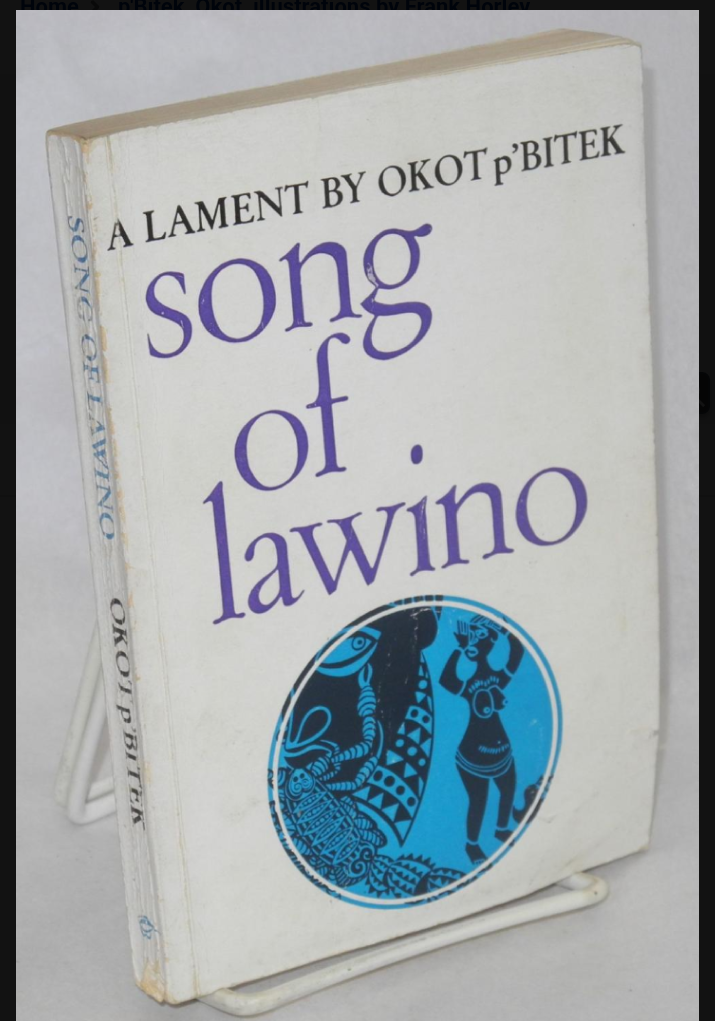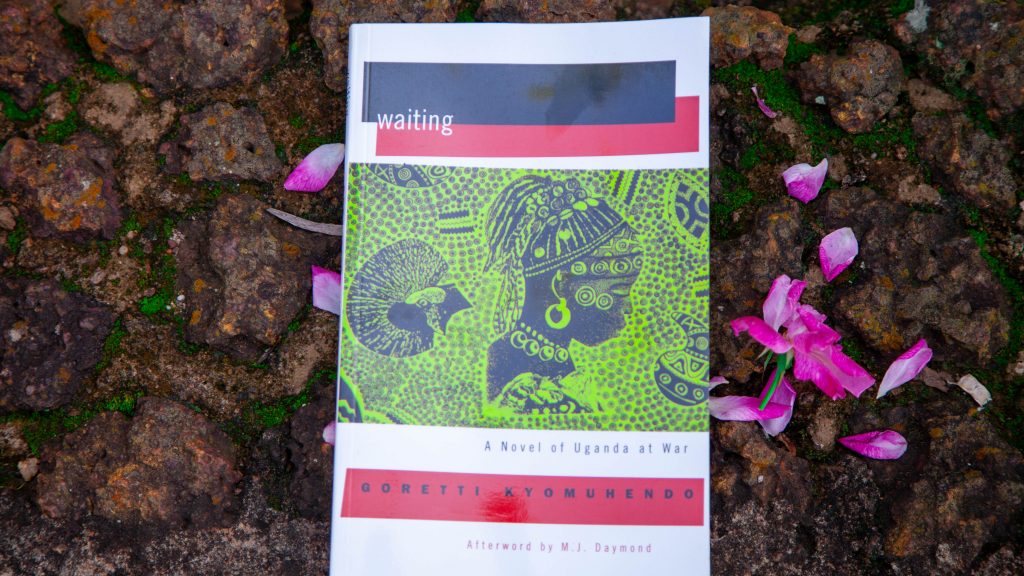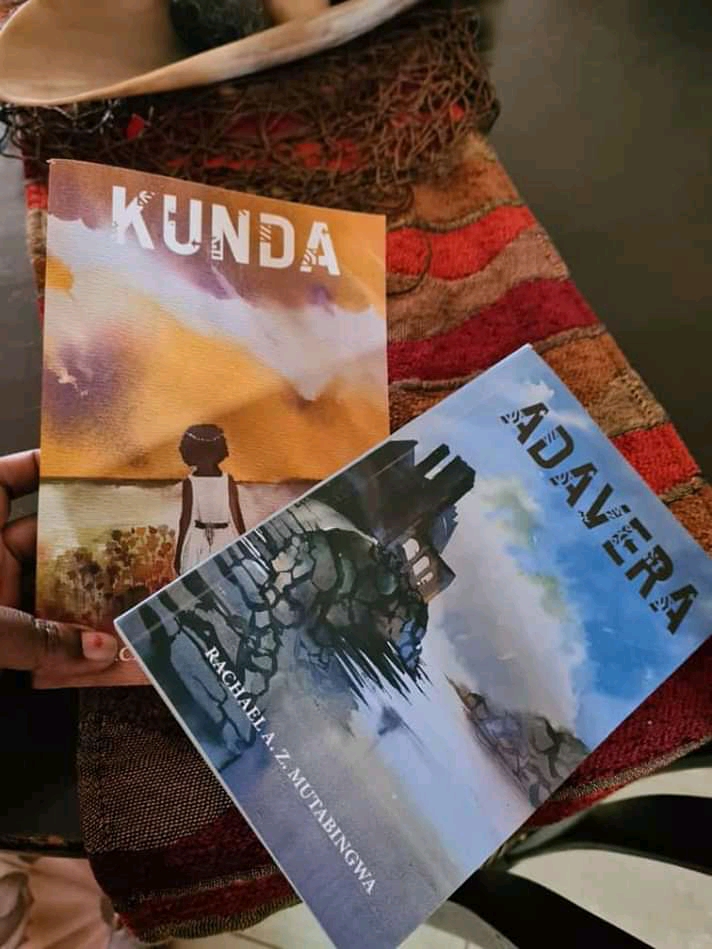
By Mable Amuron
I was seven years old when I discovered the power of words, the potency of words. The way the words would power the imagination.
I had always been a bookish child, quiet but precocious. I knew the way the world worked. I’d read a few of the books that you read when you are younger than seven. The books that speak of a Jack and Jill, who go up a hill. I read those and I was incredibly bored by them.
I quickly moved on to the fairy tale stories. I tried to understand the mechanics of these stories even at my young age and I was left wanting. I grew up with a single mother who from the time I was young, told me not to rely on a man, so I didn’t get why the prince was always, invariably, saving the princess. I was a little feminist even back then. I was also a tomboy who would fight with the boys at any chance. I wanted much more.
I was seven when I first read the story of Kintu and Nambi. I was seven when I realized that reading while imagining the world the words hold could take me out of the sucky situation, I was in. See, I had a bully. His name was Lubega and this bully got me to do his homework and give him my lunch by scaring me with stories of ghosts of his dead grandmother. He’d tell me that if I didn’t do something for him, he would report me by writing a note and placing it on his grandmother’s headstone so that she could haunt me.

I was seven when the power of words took hold of me. When the power of stories made me realize that this was the way the history of the world is told. I was seven when I knew that I would not be the same again.
I grew up feasting on the work of the world’s greatest authors but I had a hunger to know more about the world around me through the stories told by Ugandans. I wanted to see Uganda through the eyes of other writers. I wanted to live the lives and feel the emotions these compatriots felt. This is the power of representation.
The first-ever book I read by a Ugandan author was Barbara Kimenye’s Moses series. I loved those books. They helped me see the world I live in through the eyes of another character who could be my neighbor.
The first poetry book I read by a Ugandan was Okot p’Bitek’s Song of Lawino. And the sassy voice of Lawino helped me see the world she inhabited; a world that is being taken over by the European. I was ever so enthralled by it. It helped me understand the antagonism ‘traditional’ people had with the colonialists.
The way my compatriots write helps me see Uganda through their eyes. And our experiences may be the same, our reactions and emotions the same, but I am enthralled by how they perceive the world.
I am in a toxic relationship with my country. I hate and love it in equal measure. They say that hate and love are different sides on the same coin, they (whoever they are) are not wrong. But the one aspect of my country that I will forever love, is the literature that comes out of this nation. The words were written by people brave enough to bleed on paper. It’s the relatability in the ug-lish Jennifer Nansubuga Makumbi writes, the poetry of Okot p’Bitek, the lovely and deep words of the late Joel ‘Nevender’ Ntwatwa, the history in Goretti Kyomuhendo’s work, the imagination in Rachael Mutabingwa’s books, the otherworldliness of Dilman Dila’s writing. And so many more that bear mentioning but the number of words can’t allow.

I want more. I want to see more of Uganda represented and immortalized in pages. I want to read more.
Happy Birthday Uganda
–
Mable Amuron is a multi-talented award-winning creative with a passion for the written word. She’s a writer, editor, poet, and reader.
She enjoys watching words become something coherent and something that can entertain, inform, and inspire. Her poetry has appeared in two anthologies and she runs blogs https://amuron.com/
THis post, the author,the blog, oh my word!
awwww thank you Anci. Mable is an awesome human.
Song of Lawino and Cool is a seminal text at the University I did my undergraduate studies in Zimbabwe. I first read it as a 17 year old and I met a peer of Okot who taught me at university. I hope you read the Ocholi version. If I were well versed with the language would have loved to read it
This is amazing. So glad to meet someone who has read both books and met a friend to Okot p
Bitek. I havent reach the Acholi version (dont speak the language but I know it must be amazing. Our local dialects do things that english cant do)I love this lady and her writing…..I too grew up on Barbara Kimenye’s Moses series.
Awww, Cathy. Mable simply is amazing. Am I the only one who never read Barbara Kimenye`s Moses series?